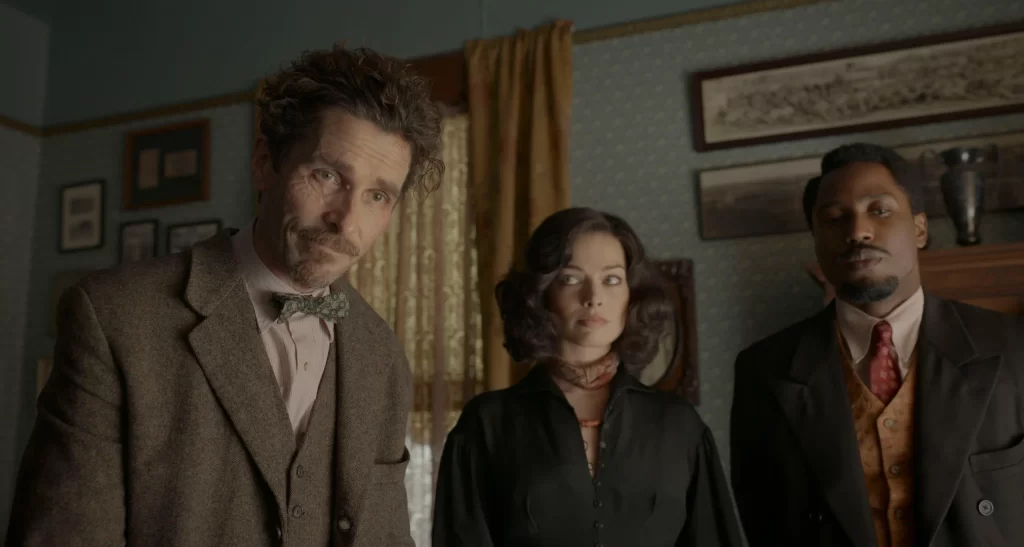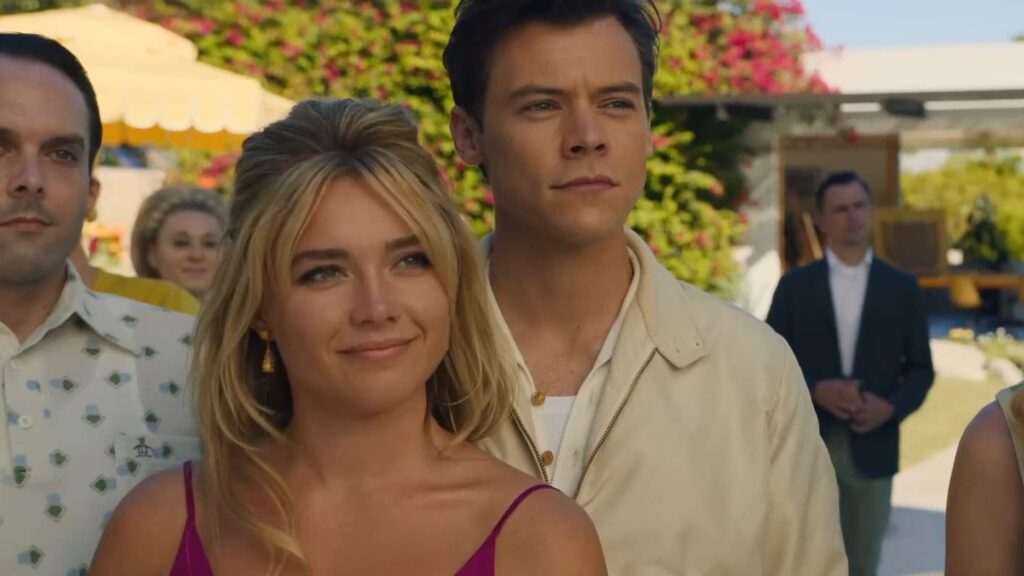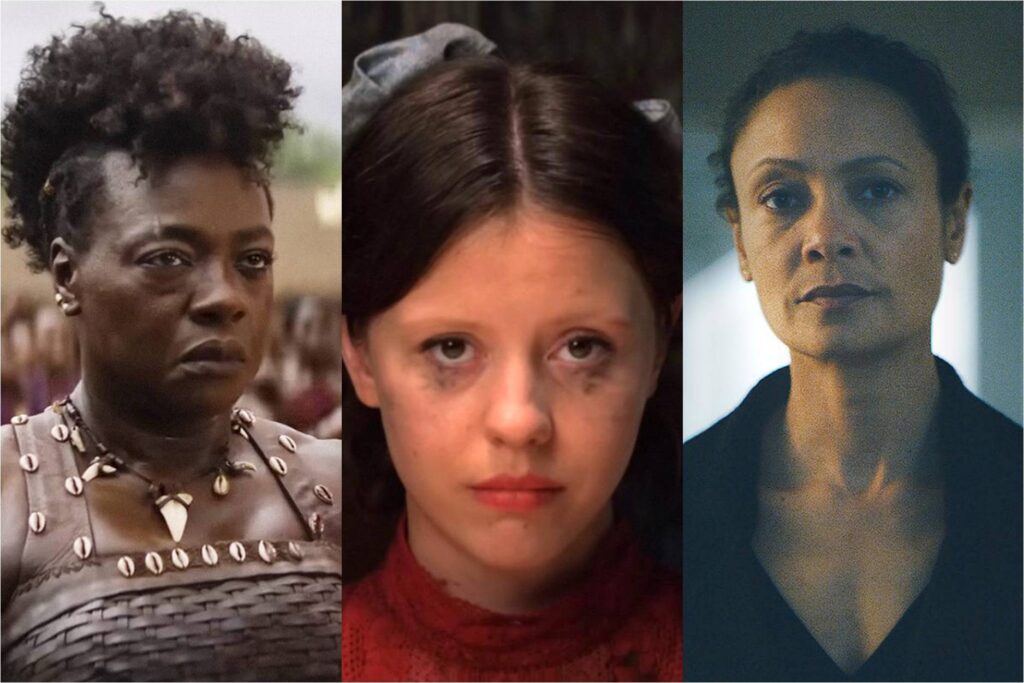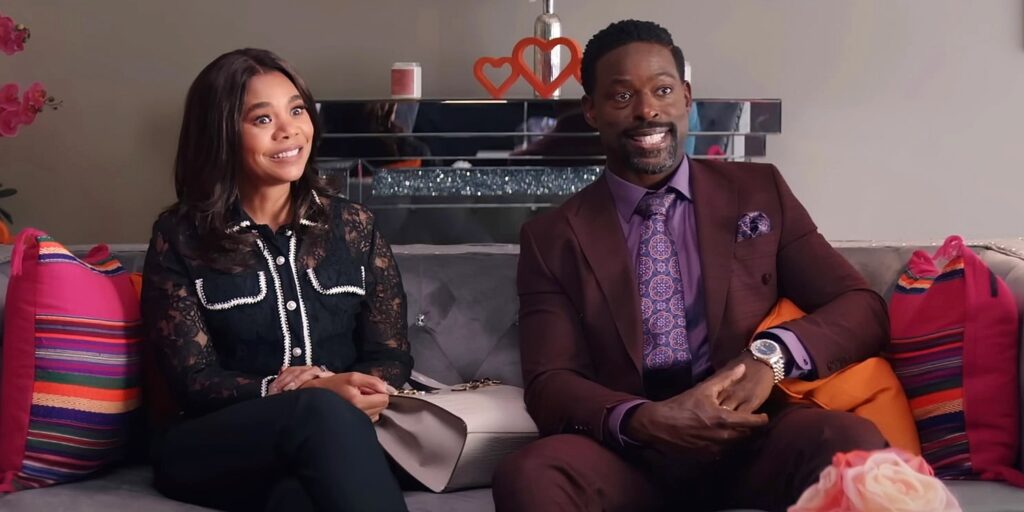Tár: Bittersweet Infamy
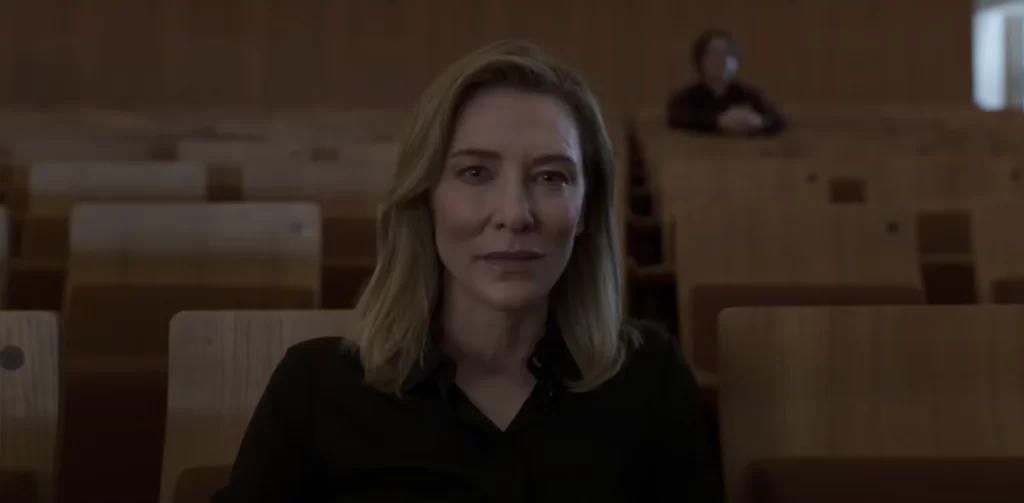
Cate Blanchett is a titan. Whether playing a British monarch or an American actress or an elven queen, she emanates an unimpeachable authority, an innate rightness. Yet in some of her nerviest performances—as an abusive teacher in Notes on a Scandal, as a fallen socialite in Blue Jasmine, as a yearning lover in Carol—she chips away at this invincibility, hinting at desire and pain without showing any visible cracks or weakness. So Blanchett’s casting as the titular anti-heroine of Tár, the gripping new drama from Todd Field, is almost too perfect. She—by which I mean both Blanchett and Lydia, the character whose surname gives the film its title—is an avatar of supremacy, and the movie begins as a chronicle of her dominance before it gradually turns into… something else. Field reportedly wrote the script specifically for Blanchett, and he’s been rewarded. It’s not that you can’t imagine anyone else playing Lydia (Nicole Kidman? Rebecca Hall?); it’s that if you dared to suggest a different actor, Lydia would eat you for lunch.
That fluid lethality—the combination of cultured intelligence and formidable omnipotence—might not seem obvious from Lydia’s profession, though perhaps that gives short shrift to the cutthroat modern world of classical music. We first meet her at a festival interview conducted by The New Yorker’s Adam Gopnik, a conversation that Field presents in multiple ways. Initially, as Gopnik’s voiceover informs us of Lydia’s estimable accomplishments—among other things, she’s won the EGOT, and she runs a fellowship that has nurtured numerous female composers (including Hildur Guðnadóttir, who provides the actual score here)—the screen provides a brisk montage, with a blizzard of crisp images (such as the precise tailoring of a suit) that evoke the specter of careerism. Field then brings us inside the auditorium and spends several minutes simply observing Lydia and Gopnik’s discussion, a curious choice that later proves to be a sly bit of misdirection. Read More

